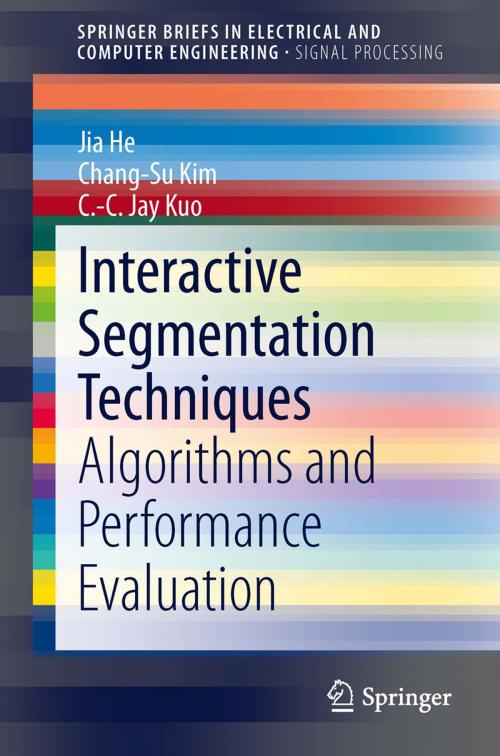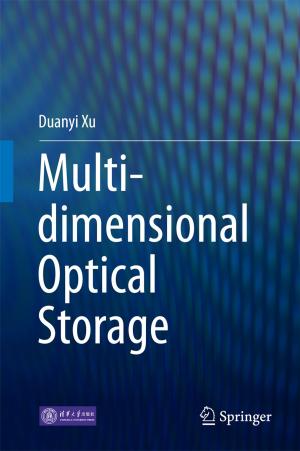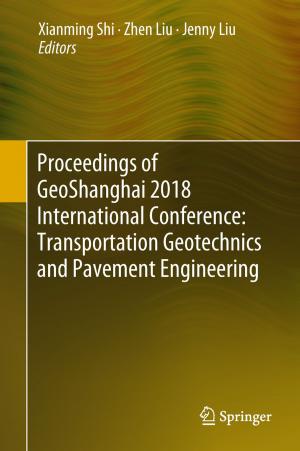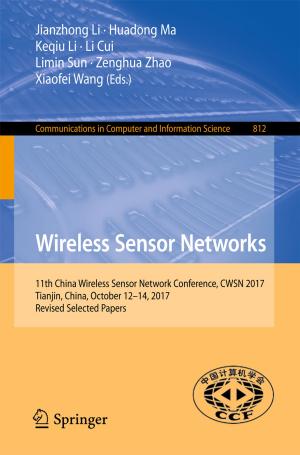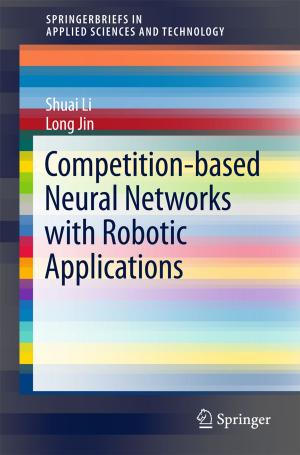Interactive Segmentation Techniques
Algorithms and Performance Evaluation
Nonfiction, Computers, Application Software, Computer Graphics, Science & Nature, Technology, Electronics| Author: | Jia He, Chang-Su Kim, C.-C. Jay Kuo | ISBN: | 9789814451604 |
| Publisher: | Springer Singapore | Publication: | August 31, 2013 |
| Imprint: | Springer | Language: | English |
| Author: | Jia He, Chang-Su Kim, C.-C. Jay Kuo |
| ISBN: | 9789814451604 |
| Publisher: | Springer Singapore |
| Publication: | August 31, 2013 |
| Imprint: | Springer |
| Language: | English |
This book focuses on interactive segmentation techniques, which have been extensively studied in recent decades. Interactive segmentation emphasizes clear extraction of objects of interest, whose locations are roughly indicated by human interactions based on high level perception. This book will first introduce classic graph-cut segmentation algorithms and then discuss state-of-the-art techniques, including graph matching methods, region merging and label propagation, clustering methods, and segmentation methods based on edge detection. A comparative analysis of these methods will be provided with quantitative and qualitative performance evaluation, which will be illustrated using natural and synthetic images. Also, extensive statistical performance comparisons will be made. Pros and cons of these interactive segmentation methods will be pointed out, and their applications will be discussed.
There have been only a few surveys on interactive segmentation techniques, and those surveys do not cover recent state-of-the art techniques. By providing comprehensive up-to-date survey on the fast developing topic and the performance evaluation, this book can help readers learn interactive segmentation techniques quickly and thoroughly.
This book focuses on interactive segmentation techniques, which have been extensively studied in recent decades. Interactive segmentation emphasizes clear extraction of objects of interest, whose locations are roughly indicated by human interactions based on high level perception. This book will first introduce classic graph-cut segmentation algorithms and then discuss state-of-the-art techniques, including graph matching methods, region merging and label propagation, clustering methods, and segmentation methods based on edge detection. A comparative analysis of these methods will be provided with quantitative and qualitative performance evaluation, which will be illustrated using natural and synthetic images. Also, extensive statistical performance comparisons will be made. Pros and cons of these interactive segmentation methods will be pointed out, and their applications will be discussed.
There have been only a few surveys on interactive segmentation techniques, and those surveys do not cover recent state-of-the art techniques. By providing comprehensive up-to-date survey on the fast developing topic and the performance evaluation, this book can help readers learn interactive segmentation techniques quickly and thoroughly.
